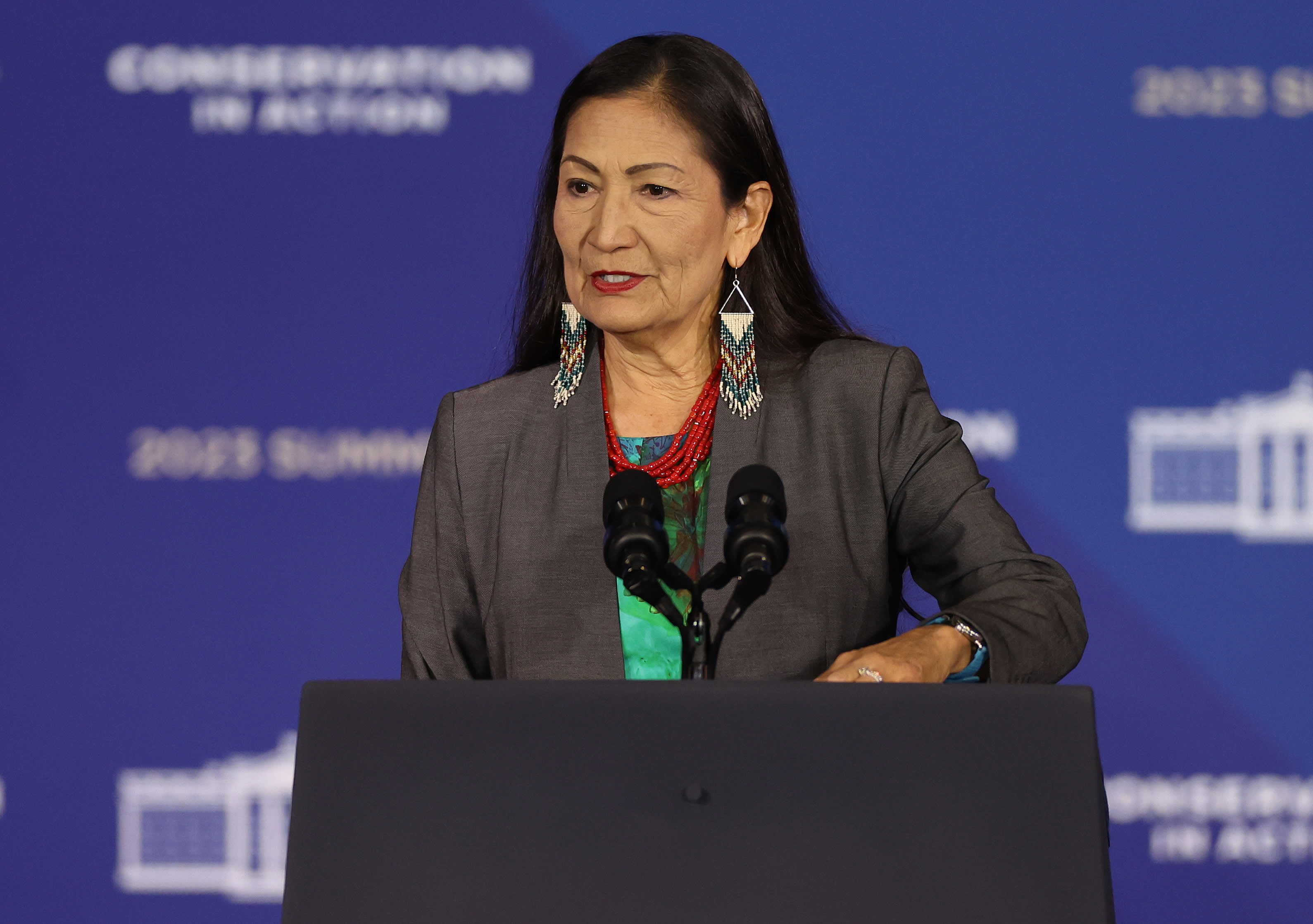A riot had broken out at the Illinois Youth Center in St. Charles on April 19, 2018, when juvenile justice specialist Mark Laskowski found himself trying to separate two large groups of youth. Moments later he turned around and saw a mop handle being swung at his head.
“Hit me in the back of the head and I was just in utter shock,” Laskowski. “I actually for a moment thought my brains were popping out of my head.”
Staff members called 911 and an ambulance rushed Laskowski to the hospital. It took five sutures and seventeen stitches to help heal his wound.
Laskowski said his doctors told him he should not return to the youth facility and he has since started another state job.
But his assault is just one of many experienced by teachers and staff at Illinois’ five Department of Juvenile Justice youth facilities in recent years.
According to state records, youth-on-staff assaults within the Illinois Department of Juvenile Justice increased from 34 in 2015 to 92 in 2018. The assaults, which include punching, stabbing and spitting, are going up even as the number of locked-up teens goes down.
The state currently houses about 260 youth in its IDJJ facilities and there are 580 youth in communities. The state appropriated approximately $120 million to the IDJJ for fiscal year 2019.
Local
“It’s an unsafe environment every day not just for staff and administration, but also for youth,” said former IDJJ teacher Maria Johnston-Becker.
Johnston-Becker said she was sexually assaulted by a youth in 2017 and six months later she was knocked unconscious by another youth in the hall outside of her classroom.
Juvenile Justice Staff employees told NBC 5 Investigates some youth routinely hurl urine, feces, and other bodily fluids toward them.
“We were given direction to wear the rain coats that are supplied on to the units and we were also given a body suit, like a hazmat suit,” said Ashley Landrus, a juvenile justice supervisor and president of the AFSCME chapter that represents staff members.
Employees held a picket outside the St. Charles facility in August of 2017 to protest the assaults. They have also addressed their concerns to lawmakers in Springfield and the workers said they want IDJJ management to consider their input when making policy changes.
Teachers and staff said the tools they have historically used at Illinois Youth Centers are changing day-by-day and that departmental policy changes, such as reducing the number of time-outs for youth bad behavior, is making the situation worse.
“Sometimes staff are encouraged to engage with a youth to try to deescalate like an emotional situation, but then that policy could flip and it’s no longer that staff responsibility and in fact that staff may be disciplined if they try to engaged verbally with the youth,” said AFSCME regional director Eddie Caumiant.
The IDJJ declined to be interviewed for this report, but told NBC 5 Investigates that it is committed to maintaining a safe, healthy environment for both staff and youth committed to its care.
A spokesperson said the department has taken considerable steps to increase safety at IYC St. Charles, including increased staff training, establishing key security supervisor posts, establishing a staff crisis response team, and resuming work on several deferred maintenance projects.
Additionally, the IDJJ said when youth violate rules, they receive immediate consequences like privilege restrictions and may also receive time added to their sentences. The IDJJ said it also has referred serious incidents, when appropriate, to the local state’s attorney’s office for possible prosecution.
The John Howard Association is an independent group that monitors the Illinois correctional system. The group argues that the mental health of the youth must be considered when addressing the issue of assaults against staff.
“Some of this behavior is the result of how the kids are responding to the treatment they’re getting and the conditions they’re living under,” said executive director Jenny Vollen-Katz.
Vollen-Katz said the IDJJ has made positive steps changed following a 2012 lawsuit. The department has downsized from about 1200 youth to several hundred.
Still, she said large prisons don’t work for kids and that if society wants to rehabilitate youth, the model should be changed.
“There’s a lot of states that have successfully moved to models that focus on small, regional residential facilities for the kids who have needs,” Vollen-Katz said.



